AbbVie’s strong immunology portfolio to offset Humira losses
AbbVie’s strong immunology portfolio to offset Humira losses
For 20 years, AbbVie’s Humira (adalimumab) has been one of the world’s top-selling products. However, the US drug expiry in January 2023 resulted in a 32% decline in sales of Humira in 2023, accompanied by a 7% drop in the company’s total revenue for that year. As further sharp declines are expected for Humira, AbbVie has strategically pivoted to alternative immunology products to bolster its revenue streams. As such, two drugs, Skyrizi (risankizumab) and Rinvoq (upadacitinib), are emerging as key replacements. These products are forecast to collectively generate over $32 billion by 2030, enabling AbbVie to financially rebound and continue its position as a leading immunology player, says GlobalData, a leading data and analytics company.
From its 2002 FDA approval to 2023, Humira generated $187 billion for AbbVie. This monoclonal antibody has been the global market leader in immunology, with key indications including plaque psoriasis, as well as psoriatic and rheumatoid arthritis. A sales peak of $21.2 billion in 2022 accounted for 37% of AbbVie’s total revenue. However, a loss of US market exclusivity in January 2023 saw drug sales plummet that year to $14.4 billion due to the influx of biosimilars. In 2023, AbbVie’s total sales also dropped by 7%, highlighting Humira’s pivotal role within the company.
Jasper Morley, Pharma Analyst at GlobalData, comments: “Anticipating this eventuality, AbbVie invested into alternative products within its immunology portfolio, Skyrizi and Rinvoq. Skyrizi is an interleukin-23-inhibiting monoclonal antibody that first received Japanese approval in March 2019. In August of the same year, Rinvoq, a small molecule Janus kinase (JAK) inhibitor, was first approved for the US market. These drugs are forecast to offset and combat the losses in revenue experienced by AbbVie.”
Skyrizi generated $7.7 billion in 2023 for indications like plaque psoriasis, Crohn’s disease, and psoriatic arthritis. With expected regulatory approvals for ulcerative colitis later this year, Skyrizi sales are forecast to peak in 2030, reaching $19.7 billion. Rinvoq, which is approved for indications like rheumatoid arthritis, spondyloarthritis, and atopic dermatitis, achieved $4 billion in 2023. Sales for Rinvoq are also forecast to increase and peak at $12.3 billion by 2030.
Morley continues: “Like Humira, Skyrizi and Rinvoq are within AbbVie’s immunology portfolio and cover Humira’s major indications, such as psoriasis and arthritis. Given their 2030 drug expiries, these drugs are estimated to not only bolster sales for an extended period of time, but also maintain and increase AbbVie’s market shares in the immunological areas Humira once dominated.”
With the forecast success of both Skyrizi and Rinvoq, AbbVie is predicted to recover from the 2023 drop in sales. By 2030, the company is forecast to generate total revenue of $75.4 billion, a 39% increase from 2023. In 2030, Skyrizi and Rinvoq are forecast to collectively generate over $32 billion, accounting for 42% of AbbVie’s total revenue.
Morley concludes: “In anticipation of Humira’s drug expiry, AbbVie has strategically redirected its focus towards alternative immunology products Skyrizi and Rinvoq. These drugs are poised for long-term sales growth, enabling the company to not only financially recover from Humira’s expiry, but to also continue its position as a formidable player within the immunology therapy area.”
Source: GlobalData

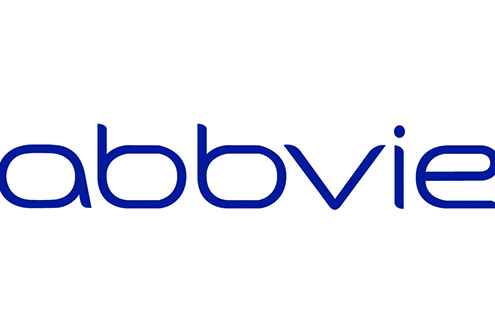

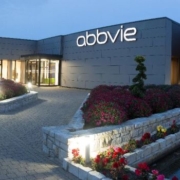

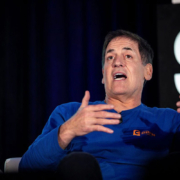
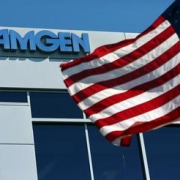

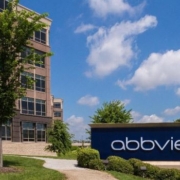 © AbbVie Inc. All rights reserved.
© AbbVie Inc. All rights reserved.

